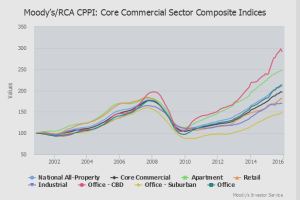Men, rejoice. Your dreams might be coming true, all thanks to your desire to never leave your house. A new study from Business Insider Intelligence confirms that men are doing a lot of shopping online. So men are thereby helping drive malls into the ground, which are already struggling on multiple counts.
“When it comes to e-commerce, men drive nearly as much overall spending online in the US as women. The conventional wisdom is that women drive shopping trends, since they control up to 80% to 85% of household spending,” BI Intelligence reports.
And it turns out, more men than women would prefer to never have to leave their houses to shop — especially these guys.
The report noted that 40% of men ages 18-to-34 “would ideally buy everything online.” Women, on the other hand, seem to still care for traditional in-store shopping experiences at times with only only 33% of women agreeing they feel the same.
View entire article on Business Insider website here http://www.businessinsider.com/men-shop-online-more-frequently-than-women-2016-2





